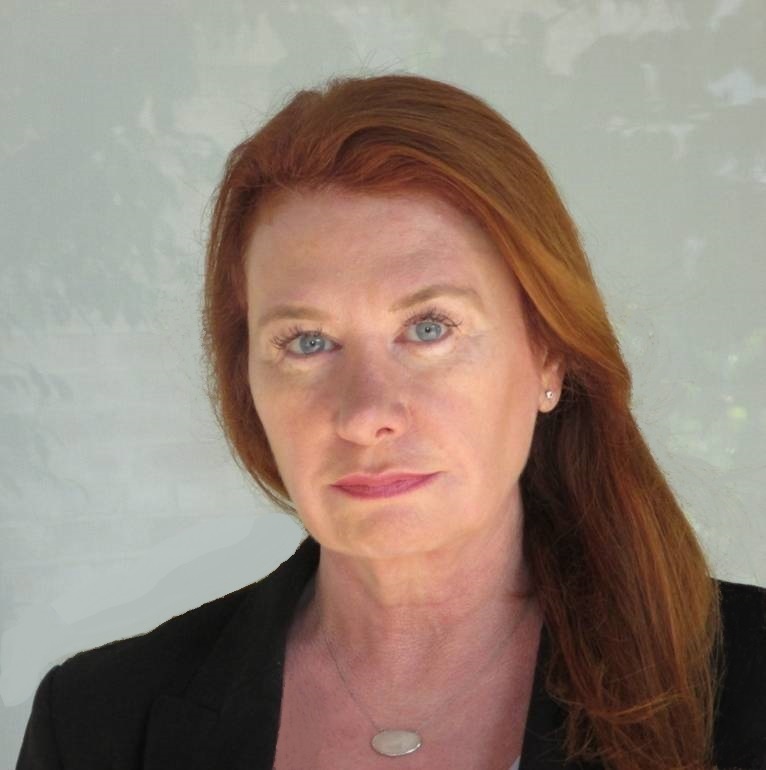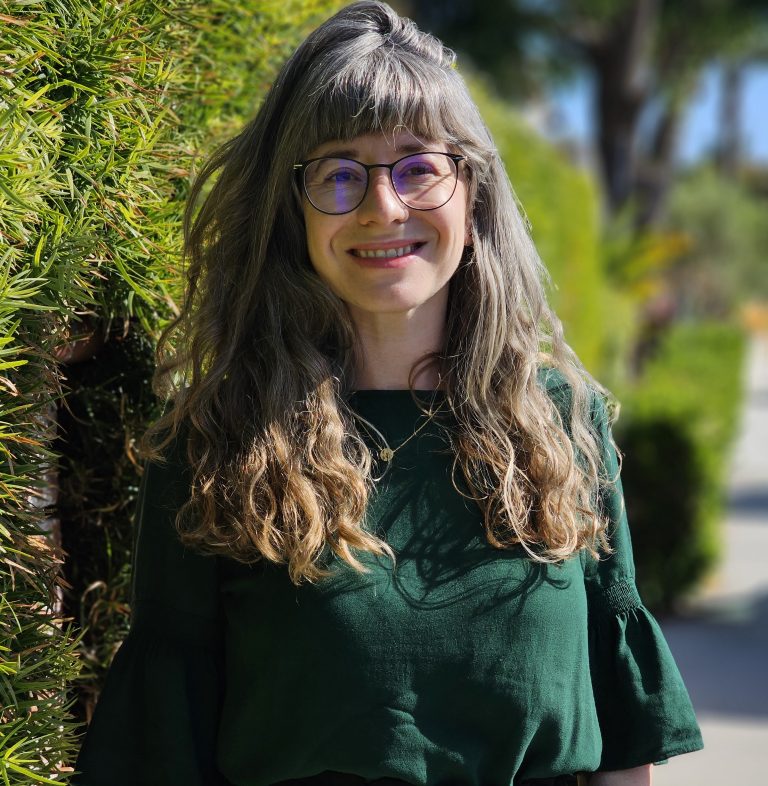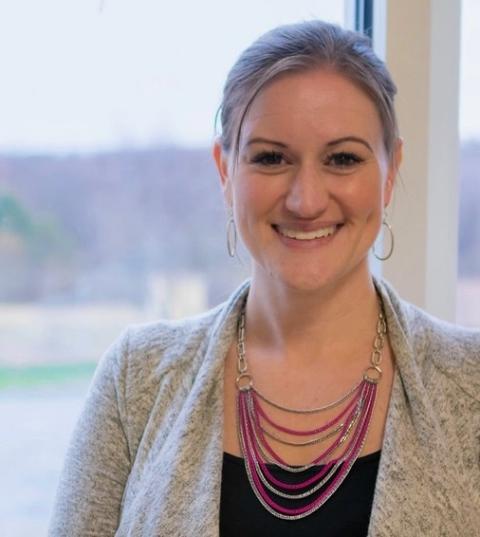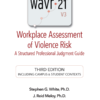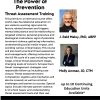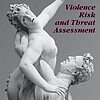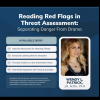Philip Saragoza, MD
Philip Saragoza, MD, is a board-certified forensic psychiatrist and Senior Associate threat assessment consultant with Work Trauma Services, Inc. He performs direct and indirect threat assessment consultations for WTS, workplace and campus violence prevention and WAVR-21 training, and assists other WTS associates with psychiatric consultation issues. Dr. Saragoza is an adjunct Clinical Assistant Professor in the Department of Psychiatry at the University of Michigan Medical School. He is the psychiatric consultant for the University of Michigan’s integrated disability management program and the University health system’s employee assistance program. Through these agencies, he has conducted case consultations involving claims of hostile work environments, workplace harassment, employee violence risk and fitness for duty. Previously, Dr. Saragoza served as the Director of UM’s Forensic Psychiatry Clinic, conducting evaluations and consultations on issues related to violence risk, fitness for duty, psychiatric disability, civil commitment, and other forensic issues. Dr. Saragoza worked for several years as a Consulting Forensic Examiner at the State of Michigan’s Center for Forensic Psychiatry, a maximum security hospital for mentally ill offenders. There, he treated inpatients found Incompetent to Stand Trial or legally insane, performed release-planning risk assessments, and conducted court-ordered examinations of competency and sanity, primarily for violent offenses. Dr. Saragoza has conducted hundreds of assessments of individuals who have engaged in threats, stalking and violent behavior, and has served as an expert witness on civil and criminal psychiatric issues in numerous courts. As an educator, Dr. Saragoza supervises residents and fellows in forensic psychiatry and provides lectures and seminars to a wide variety of professionals, including mental health professionals, corporate and human resource managers, and campus audiences. His peer-reviewed publications include topics such as psychopathy, malingering, workplace violence risk, and the role of expert opinion in various criminal contexts.


